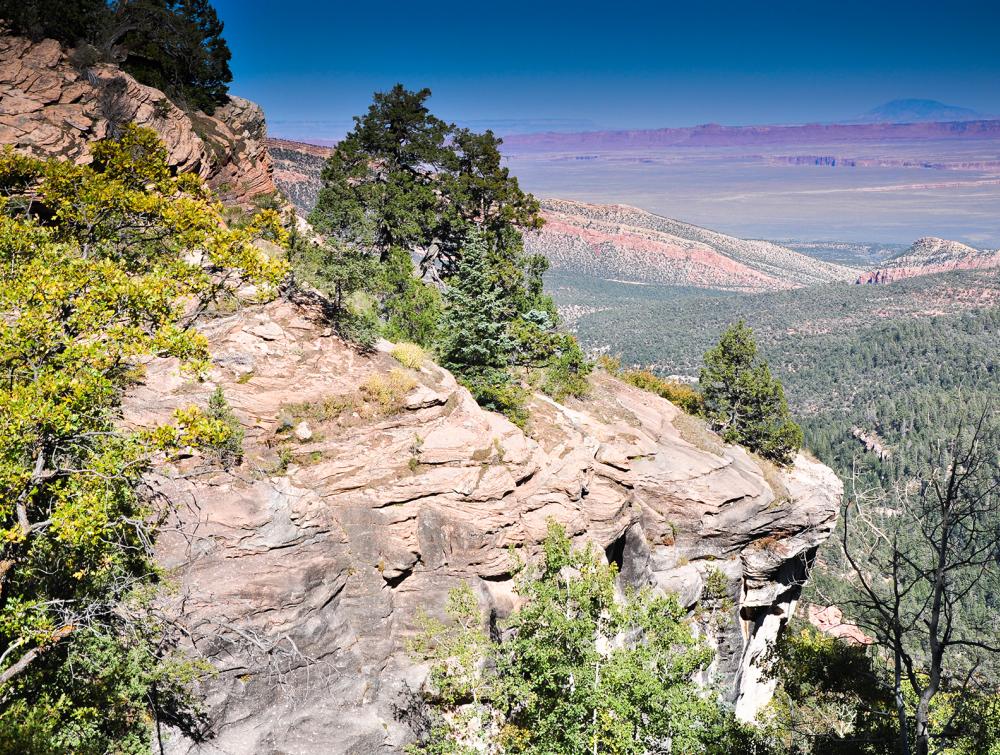House passes historic public lands protection bills

Greater Grand Canyon Watershed, AZ
Jessica Pope
House passes bills for permanent protection of Chaco and Grand Canyons, and advances Colorado public lands initiative
Following continued efforts by the Trump administration’s Interior department to drill or mine near sensitive national treasures, the U.S. House of Representatives today is approved bills to protect both Chaco Canyon in New Mexico, and lands near the Grand Canyon in Arizona. Both drew bipartisan support. Tomorrow the House is also expected to approve the Colorado Outdoor Recreation & Economy Act, or CORE Act.
The Chaco Cultural Heritage Area Protection Act would protect federal lands surrounding Chaco Canyon from oil and gas development permanently. The bill is supported by every member of the New Mexico congressional delegation, the All Pueblo Council of Governors, and the Navajo Nation.
In the case of Chaco Canyon, an ancient tribal historical and archaeological site, earlier this year the Interior Department granted a temporary reprieve on harmful extractive activity on and near this ancient tribal historical and archaeological site thanks to advocacy efforts by Senator Martin Heinrich (NM). However permanent protection will require congressional approval. Today's House-passed bill got bipartisan support, passing 245 to 174.
“Chaco Canyon’s irreplaceable treasures need more than temporary protections. The House's passage of proactive legislation will help ensure future generations inherit a place that has not been permanently scarred by unchecked energy development,” said Michael Casaus, New Mexico state director of The Wilderness Society. “Now it’s the Senate’s turn to listen to the interests of the Pueblos and Navajo Nation, and the many who stand with them. We urge the Senate to act this year.”
In Arizona, uranium mining in the sensitive and stunningly beautiful area around Grand Canyon National Park threatens to pollute aquifers that feed springs and streams in the Grand Canyon. Further, such mining activity could contaminate drinking water supplies, destroy crucial wildlife habitat and disrupt migration corridors, and devastate the local tourism-based economy. Recently, the Interior Department announced it would try to fast-track permits to open more places like the Grand Canyon to minerals mining. The House protection bill passed by 236 to 185.
"Today's action by the U.S. House of Representatives is a big step forward," said Mike Quigley, Arizona state director for The Wilderness Society. "Contamination from uranium mining poses a very real threat to local communities, critical water sources and one of our nation’s most treasured landscapes. We now look to the Senate to finish the job by passing permanent protection for the Grand Canyon region."
The CORE Act would protect parts of the Continental Divide, Thompson Divide, Curecanti, and San Juan Mountains landscapes. The bill would also recognize veterans and the state's military history by creating the nation’s first national historic landscape at Campo Hale. A House vote is scheduled for Thursday.
“Coloradans love public lands and want to see more of them protected especially in the face of a changing climate and the nature crisis. Conservationists, ranchers and sportsmen around Colorado will celebrate the vote by the House and turn our attention to the Senate,” said Jim Ramey, TWS’ Colorado state director. “Senator Cory Gardner is the only senator from Colorado in the last half-century who has not sponsored wilderness legislation. As Colorado’s only member on the Senate Energy and Natural Resources Committee, it’s time for Senator Gardner to heed his constituents' calls and work with Senator Bennet to get the CORE Act across the finish line.”
The Wilderness Society is urging the Senate to take up the bipartisan House-passed bills:
- H.R. 823 (Rep. Neguse), “The Colorado Outdoor Recreation and Economy Act,
- H.R. 1373 (Rep. Grijalva), “The Grand Canyon Centennial Protection Act,
- H.R. 2181 (Rep. Lujan), “The Chaco Cultural Heritage Area Protection Act of 2019.
For more information on Chaco Canyon, Grand Canyon and other iconic American landscapes at risk from proposed drilling and mining, visit TWS’ Too Wild to Drill site.
Contact: Tony Iallonardo, 202-429-2969 or email tony_iallonardo@tws.org.
